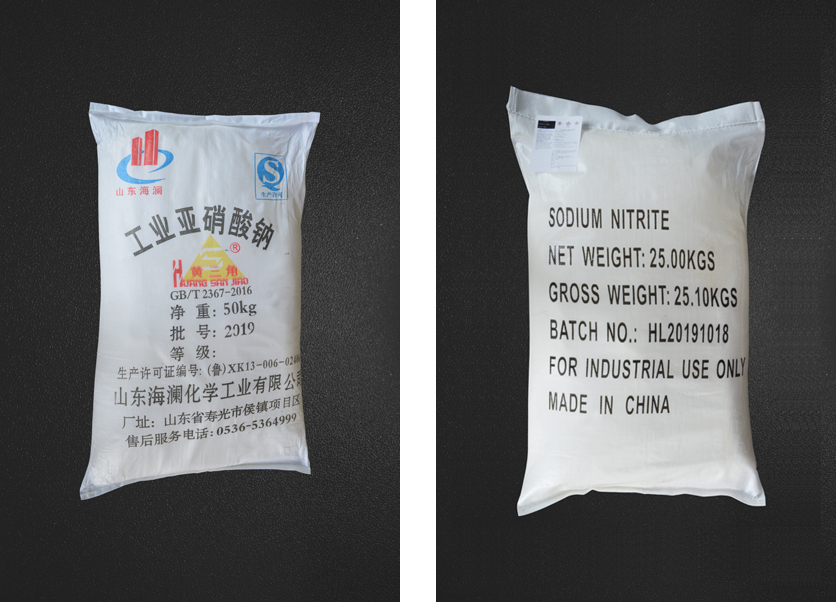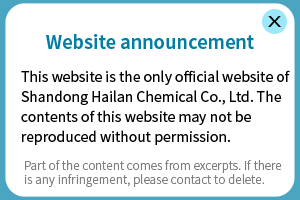Excessive sodium nitrite can cause cancer. Sodium nitrite reacts with amines in food during cooking and digestion to produce carcinogenic nitrosamine compounds. Nitrosamines are also present in traditional foods, such as copy cured meat and dried salted fish.
Sodium nitrite will react with oxygen to form sodium nitrate when exposed to air. If it is heated to above 320 ℃, it will decompose to produce oxygen, nitrogen oxide and sodium oxide. Contact with organic matter is easy to burn and explode. Because of its salty taste and low price, it is often used as an unreasonable substitute for salt in the production of illegal food. Because sodium nitrite is toxic, food containing industrial salt is very harmful to humans and carcinogenic.
Mordant interfering agent for fabric dyeing; bleaching agent for silk and linen, metal heat treatment agent; corrosion inhibitor for steel; antidote for cyanide poisoning, laboratory analysis reagent, also used for making potassium nitrite, azo dye, It is used as a coloring agent, antimicrobial agent and preservative in the processing of meat products, but due to its carcinogenicity, it is not allowed to exceed the standard.
The addition of nitrite will cause nitrite residues in meat products to enter the human body, and react with the amines produced by organic substances such as protein amino acids and phospholipids under certain circumstances and conditions to generate nitrosamines. Nitrosamine has a strong carcinogenic effect and will cause harm to consumers' health. Adding a small amount of sodium nitrite as a preservative and color enhancer to food can not only preserve it, but also brighten the color of the meat. However, sodium nitrite is a potential carcinogen. Excessive or long-term consumption will cause harm to human body and even cause cancer.

